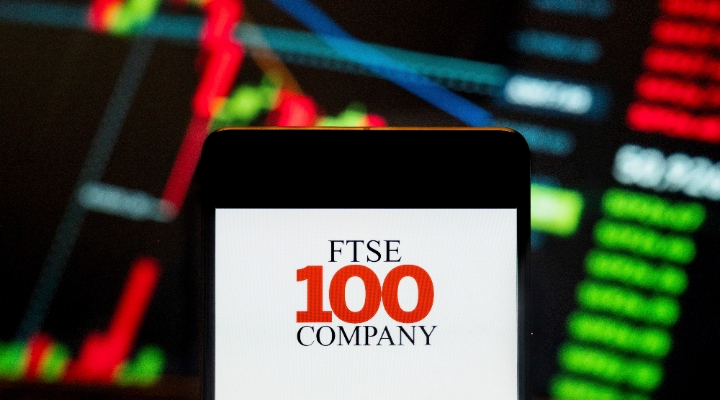Dear investors…
“Dear Investor, I am writing to you to apologise yet again, that the repayment process has been significantly behind expectation on some of the loans you have invested in. I know we promised some updates ... so sorry. But I’ve been a bit busy sorting out my gear for Cowes week.”
This was an update to Lendy investors apparently written by Liam Brooke, chief executive and founder of the peer-to-peer loans provider, last week on Google Reviews.
Hours later, the firm collapsed into administration.
Some £150 million is owed to around 24,000 investors in outstanding loans, of which £90 million is thought to be in default. These individuals are set to spend the next few weeks anxiously waiting to hear how much, if anything, will be returned to them.
The collapse of Lendy raises a number of questions, not least: why was the founder busy prepping for Cowes Week with this news imminent? The firm was in its final year of a three-year sponsorship of the annual regatta festival on the Isle of Wight.
The peer-to-peer industry has grown rapidly in recent years and it’s not hard to see why: interest rates on high street savings accounts are rock-bottom and people need a return on their cash to beat inflation. But the positioning of P2P as an alternative to a savings account has always concerned me. This is, at the end of the day, an investment product. And, as Lendy customers have found out, there is a very real risk that you can lose your money.
P2P might have its place in some people's portfolios but only if they understand the risk they are taking on. Lendy, which made loans to people buying and redeveloping property, promised customers returns of up to 12%. With savings accounts paying around 1%, this is one of those times investors should have been asking themselves whether that return was probably too good to be true.
Should You Ever Pay a Premium?
One of the trickier things to grasp about investment trusts is that their price can move to a premium or discount. It’s an extra thing to bear in mind when considering adding a trust to your portfolio – if the price falls, you will suffer a capital loss.
Investment is one of the few areas in life where the phrase “you get what you pay for” doesn’t really hold: you only have to look at how few funds consistently beat their benchmark to see that. So, is it ever worth paying over the odds for an investment? Most experts say categorically no. I say it depends. Morningstar research found that almost 40 investment trusts are currently trading on a premium of 4% or more and that certainly looks too steep. But what about a smaller premium of 1 or 2%?
You could argue that if the trust pays a high income then then it may be worth the price. Also, if you are investing for the long term (and, Buffett fans, potentially forever) then price movements don’t matter nearly so much as the gains that will compound in the years to come.
As with most things in investment in comes down to doing your research and making a judgement call. But I think it’s worth bearing in mind that “price” and “value” are two different things.
From Full-Back to Finance
I read this week about an international rugby player who is training to become a financial adviser. Francois Louw, 33, who has 64 caps for South Africa and plays for Bath, will take his exams later this year – after the Rugby World Cup, of course.
This is absolutely fantastic! Sports professionals often face the dilemma of what to do after their career wraps up at a relatively early age, wouldn’t it be wonderful if more of them took this route? It would work wonders on encouraging young fans to get interested in finance!





























